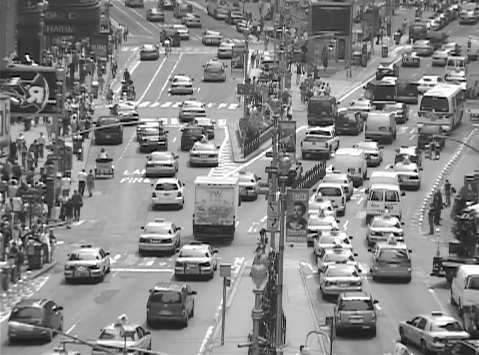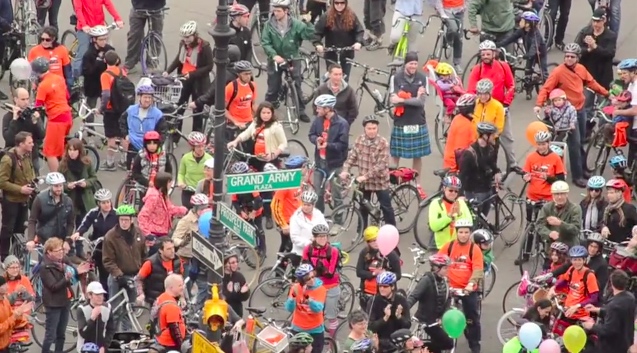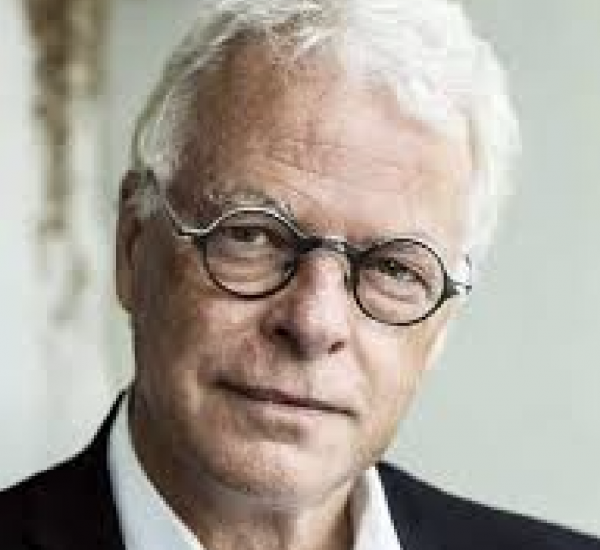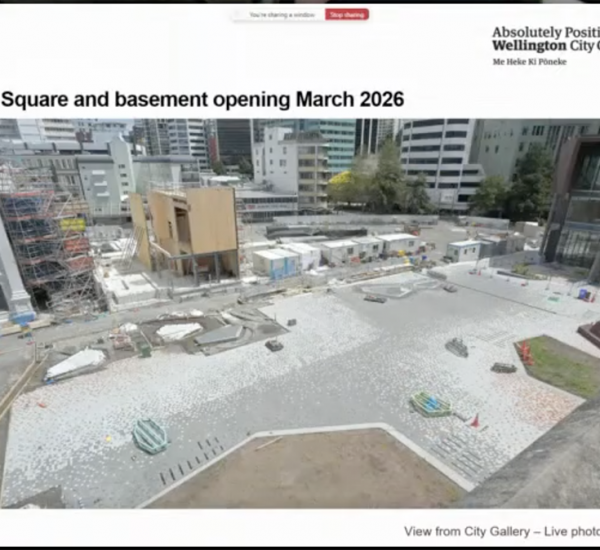This.
We need this for Wellington. Thanks to the wonderful TransportBlog in Auckland for bring that to my attention.

We need a dedicated action group for Wellington to reclaim our city from the grip of the motorcar.

The WCC, the GWRC, and the NZTA started off with “Get Welly Moving” but they appear to have gone into hibernation. No idea what has happened from their first info gathering exercise, and to the people that were looking at the outcomes. The one question they carefully did not ask was “what do you want to do with the Basin Reserve?” but that is still a pressing, outstanding issue. Nor did they ask about the Island Bay Cycle Way. Watch this film (above), please, everyone, and post it to your Facebook page or your own personal blog, wherever, whatever – make sure it is watched, learned from, and understood. Make sure that Mayor Lester sees it. And especially Deputy Mayor Eagle. We need to build an understanding, and it starts now.





And there is this: https://www.theguardian.com/uk-news/davehillblog/2016/nov/26/london-cycling-and-the-by-chance-success-of-amsterdam
“The professor’s Amsterdam cycling story is not of the city’s authorities introducing a visionary type of street design and everything proceeding from there, but one arising from the interplay of a range of factors over time, during which cycling policy was never more than “makeshift†and change has been untidily incremental. Nor is Amsterdam representative of every city in the Netherlands. “There are many different Dutch cycling cultures,†Oldenziel said. While Groningen and Enschede have banned cars from their city centres, Rotterdam’s cycling levels are very low.
Amsterdam’s recent rising high cycling levels have been quite gradual compared with the dramatic plunge they took from peaks as high as 75% in the 1950s. By then, cycling had become perceived as an obstacle to modernisation. The book reproduces a photograph from 1957 showing Amsterdam’s main commercial and commuter street, the Leidsestraat, clogged with cyclists, bikes and trams, all competing for the same road space. Something had to give in the heart of Amsterdam’s main transport artery. It did: the photo’s caption says that in 1971, cyclists were banned from it.
Oldenziel records that there was a class element to the disciplining of Amsterdam cyclists, which had been going on in various forms for decades. Cycling was what the lower orders did and, in the view of the authorities, they did it in a manner that was unruly, unpredictable and a hindrance to the car-led future. The first segregated cycle lanes, introduced in the 1930s, were an outcome of the process of marginalising cycling rather than an attempt to encourage it. But from the mid-1970s, new social forces came into play. Amsterdam’s counter-culture, allied with its preservationist movement, reclaimed the city’s cycling heritage as part of its resistance to motor-domination and redevelopment. “Thereafter, the city adopted a pro-cycling policy, albeit on pragmatic rather than principled grounds,†Oldenziel writes.
Today, in the centre of Amsterdam, a thumping 87% of trips of less than four kilometres are made by bicycle. Oldenziel attributes this to a combination of a determined social movement, a stubbornly strong cycling tradition, Amsterdam’s compact layout and a “pragmatic mix of pro-cycling and car-limiting policies,†of which the curbing of motorists has “proved the most effectiveâ€. She said that the Dutch approach as a whole “is really about intervening on the streets, inch-by-inch, bottom-up and really cost-effective, with very few large engineering infrastructural projectsâ€.
Yes. Keen but short of time. Should we have a chat over coffee? I guess you can find my email through the comments system.
Thanks Leviathan – great post as always and an excellent video.
Wellington City is by far the least car dependent city in NZ, walking/cycling/PT are continuing to rise, and we can do a lot more.
Urban Form, LGWM, GWRCs bus review, urban cycleway programme, parking review and technology change are all key parts of making this happen.
Always happy to talk.
Warmest regards
Andy Foster
City Councillor